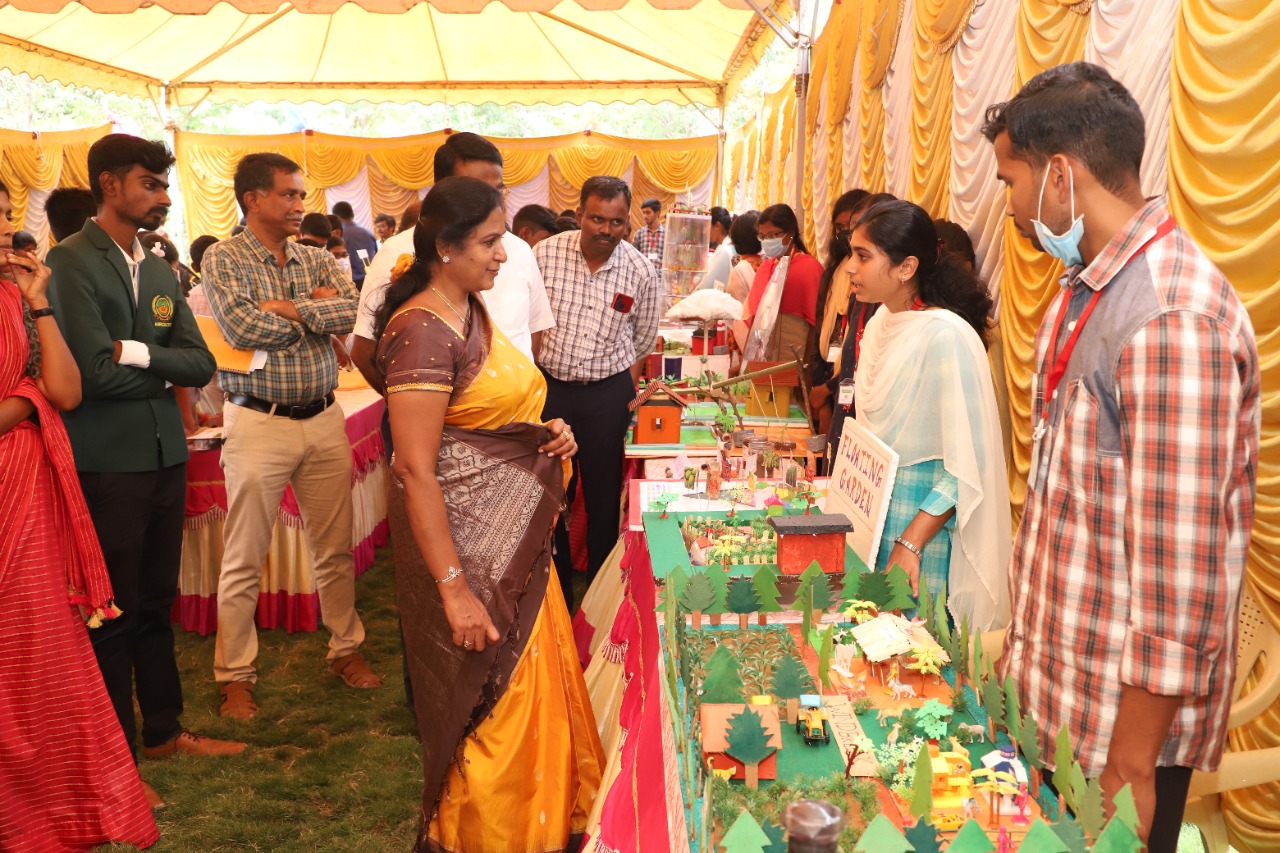The Tamil Nadu Agricultural University (TNAU) had its genesis from establishment of an Agricultural School at Saidapet, Madras, Tamil Nadu, as early as 1868 and it was later relocated at Coimbatore.
Get in touch
- info@tnau.ac.in
- 0422 6611200
- Monday to Friday: 9am to 5pm
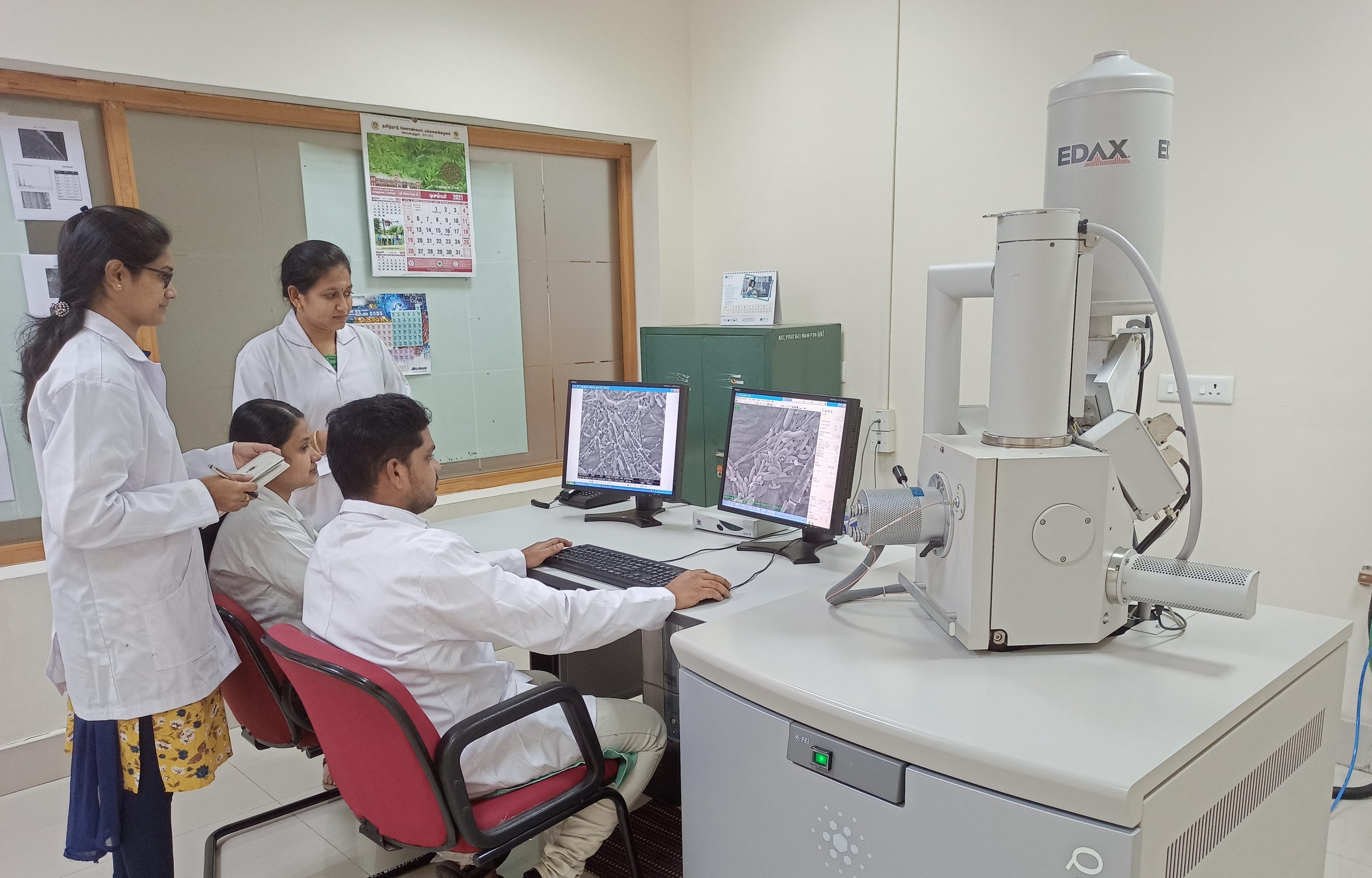
M.Sc. (Ag.) in Nano Science & Technology
Prelude about
Nanotechnology is one of the most fascinating fields of science in the 21stcentury capable of revolutionizing a wide spectrum of disciplines including agriculture. The Tamil Nadu Agricultural University is one of the early birds established a state-of-the-art Centre for Agricultural Nanotechnology in 2009 to evolve processes and products that enable smart delivery of inputs to promote agricultural productivity without associated environmental harm. The Centre is working on nano-inputs (nano-fertilizers, nano-seed invigoration, nano-herbicides, nano-pesticides), biosensors (on-site detection of leaf moisture and nitrogen content, seed sensor, early detection of diseases, on-site residue detection using SERS), food systems (nano-packaging and nano encapsulation of functional foods) besides nano-remediation of pollutants in soil and aquatic systems.

Why this programme?
- Research at nano scale to manipulate atom-by-atom to evolve agricultural nano-inputs and formulations for promoting crop productivity besides preserving natural resources.
- Efforts to develop nano-emulsion and nanomatrices (sticker & sachet) and nano-packaging to extend shelf-life of perishables (fruits, vegetables, flowers) besides encapsulation of functional foods
- Fabricate simple gadgets for the early detection of diseases and nutrient disorders in crops
- Empowering agricultural students and scientists by imparting knowledge
- Ensure safety of nano materials utilization in agricultural sciences.
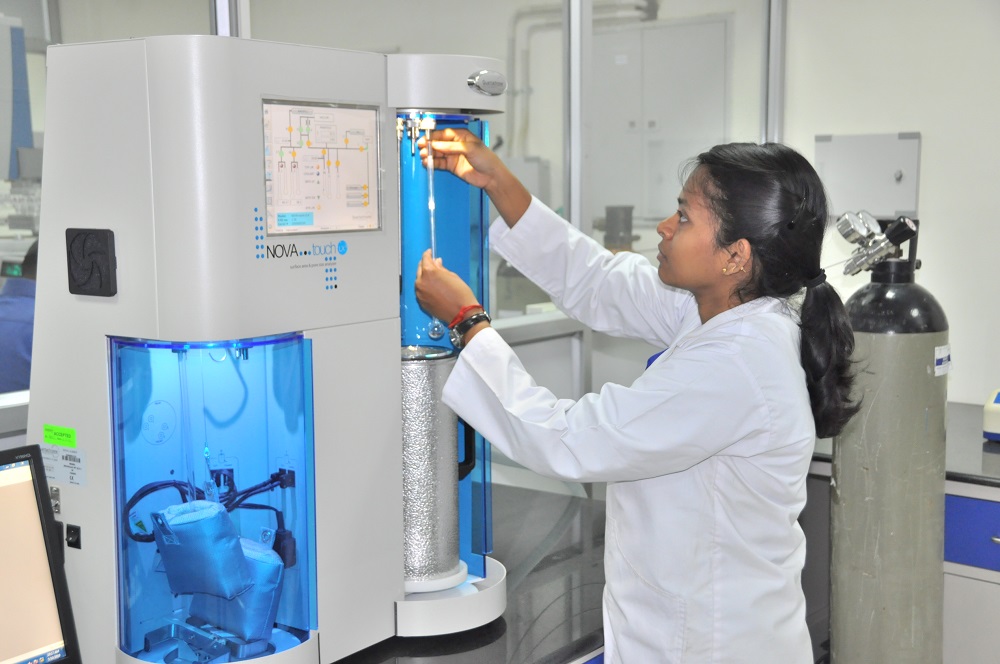
Study Programme
The Masters in Nano Science & Technology is a very unique degree program in the country amongst 77 SAUs intended to cover the following thematic areas
- Basic concepts in Nano Science & Technology encompassing nano-physics, chemistry of nano-materials and synthesis of nano-materials
- Characterization of nano-materials and products for their size, shape, morphology, functional groups, crystallinity, using advanced equipments
- Design and fabrication of agri-inputs (seeds, fertilizers, herbicides, pesticides, bioinoculants) with improved use efficiency
- Development of bio-sensors for early detection of pests, diseases and nutrient deficiencies, encapsulated nano-food products and energy conserving devices
- Nanotoxicity, environmental nanotechnology and nano-biotechnology to test and evaluate nano-products as per the DBT stipulated guidelines
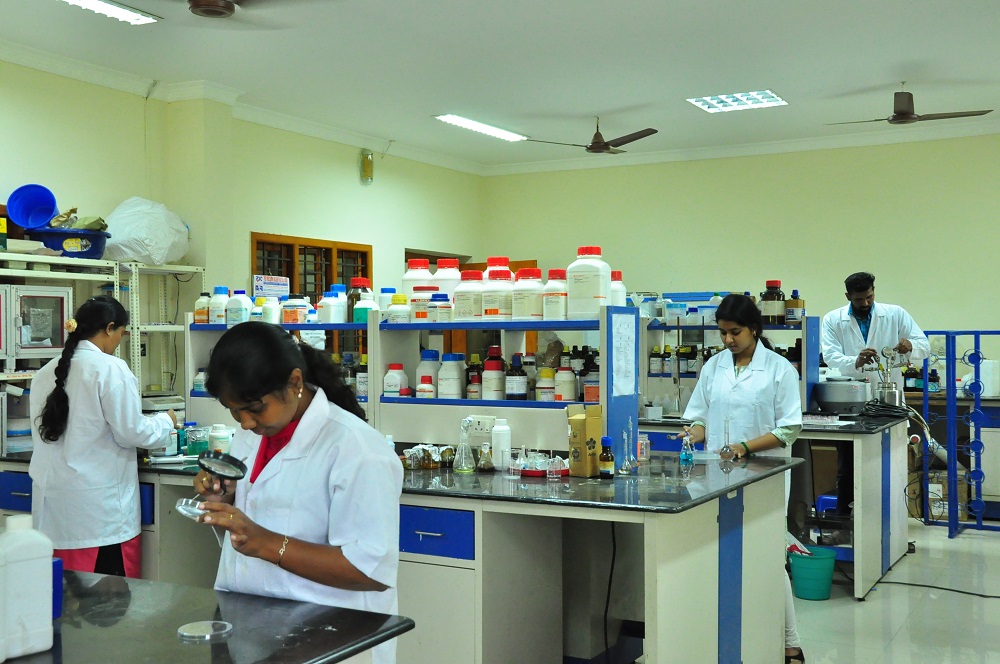
Colleges offering
Centre for Agricultural Nanotechnology, Tamil Nadu Agricultural University, Coimbatore
Application and Admission
Interested in taking part in the program of Soil and Water Conservation Engineering? Find out more about the specific Admission requirements and the application procedures from our official website. If you doubt whether admission is possible, feel welcome to apply online. The Admission Committee will check your admissibility.
Future Career
There is a growing demand for technical expertise in agricultural nanotechnology as many fertilizer and pesticide industries looking for such graduates. For further information See where our alumni are placed
SEMESTER (Course Structure) – 2022-23
To replace table content
Master’s in Nano Science and Technology course
Master Courses
After admission, students will undertake courses to understand basics and applications of Nano Science and Technology as per the Choice Based Credit System (CBCS) with a total credit load of 65 credits, of which 30 credits are exclusively earmarked for their Thesis Research.
Master’s thesis research
After completing the courses in the first year, the students start their thesis research based on the researchable issues identified through the brainstorming session involving external experts. Each student is assigned to an experienced faculty, approved by the Dean of School of Post-Graduate Studies, who would guide the student on his/ her choice of research topic
Research internship
Students are exposed to hands-on-experience with tools and techniques, exchange visits within and outside the country, participation in the international and symposia and conferences besides workshops. Many are encouraged to have internships in other institutes for a couple of months, either in India or abroad.
Student Experiences

I am happy to share my experience about the courses we took. The subject was interesting, and the practical knowledge we gained helped us learn more. The schemes will give us financially support our academic research work. We were able to improve our skills with the help of the infrastructure and the high-end instruments. This course will teach us more about modern problems and how to solve them.
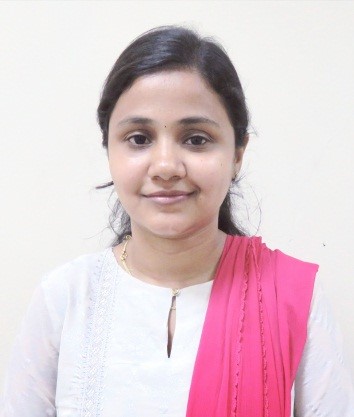
I, Swathika N completed my master’s (2018-2020) in Nano Science & Technology at the Centre for Agricultural Nanotechnology, TNAU. During my master’s, I had a great opportunity to learn how tiny (nano) things could make remarkable astonishments. Also, the practical exposure to nanotechnology laboratory and hands-on experience with high-end instruments like GC-MS, Particle Size Analyzer, FT-IR, SEM, TEM etc. gained me more confidence. The course syllabus covers the basic synthesis of nanomaterials to characterization and their application. It also covers the nanotoxicology and biosafety aspects to learn much better. I worked on “Scouting and Nanoformulation of Allelochemicals from Tamarindus indica and Eucalyptus tereticornis for Weed Management” and was awarded with “Student Junior Research Fellowship” under Building Resilience to Climate Change and Improving Food security through climate smart solutions (BRIFS) under SPLICE-CCP of DST to carry out my master’s research.

